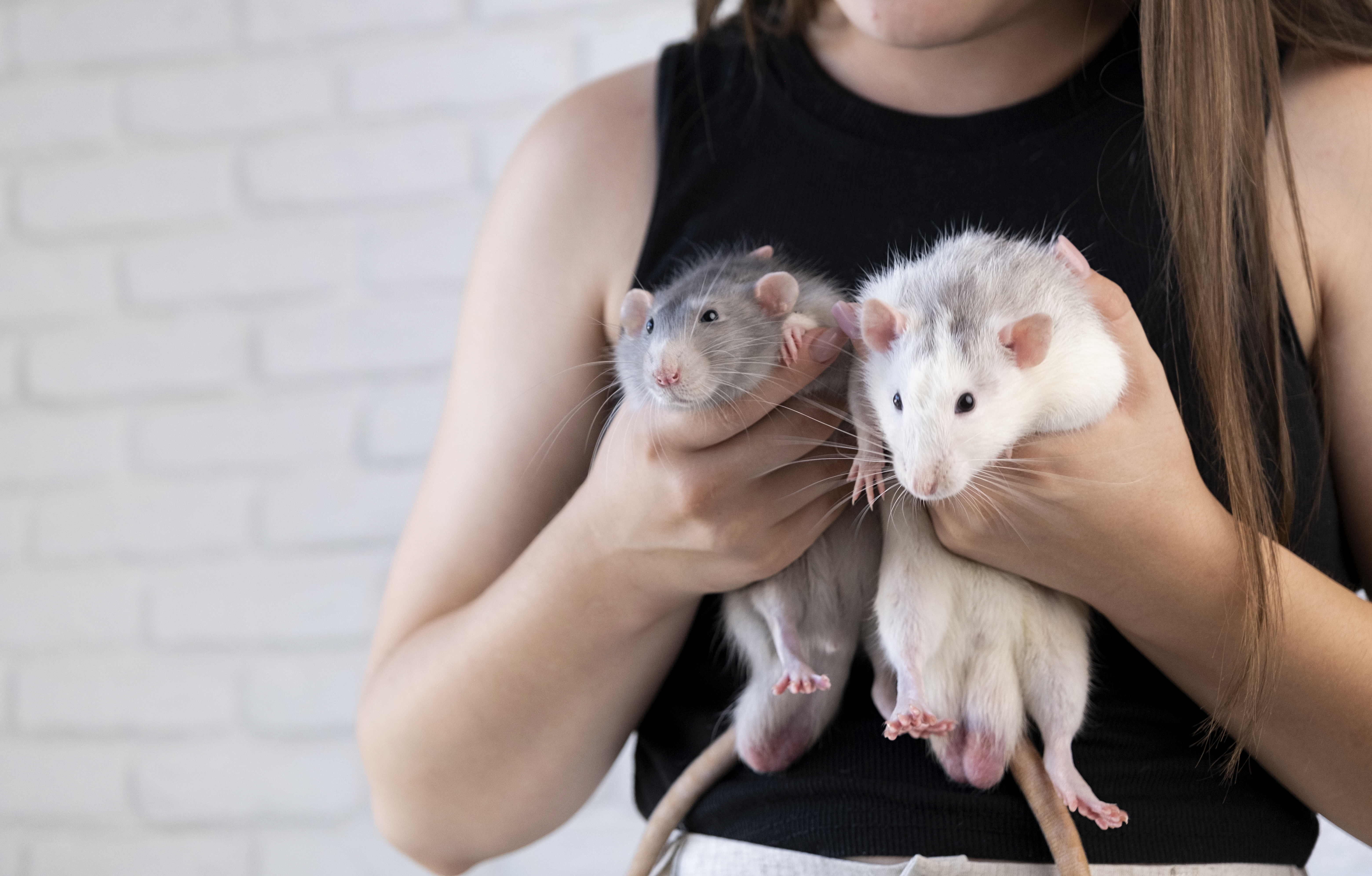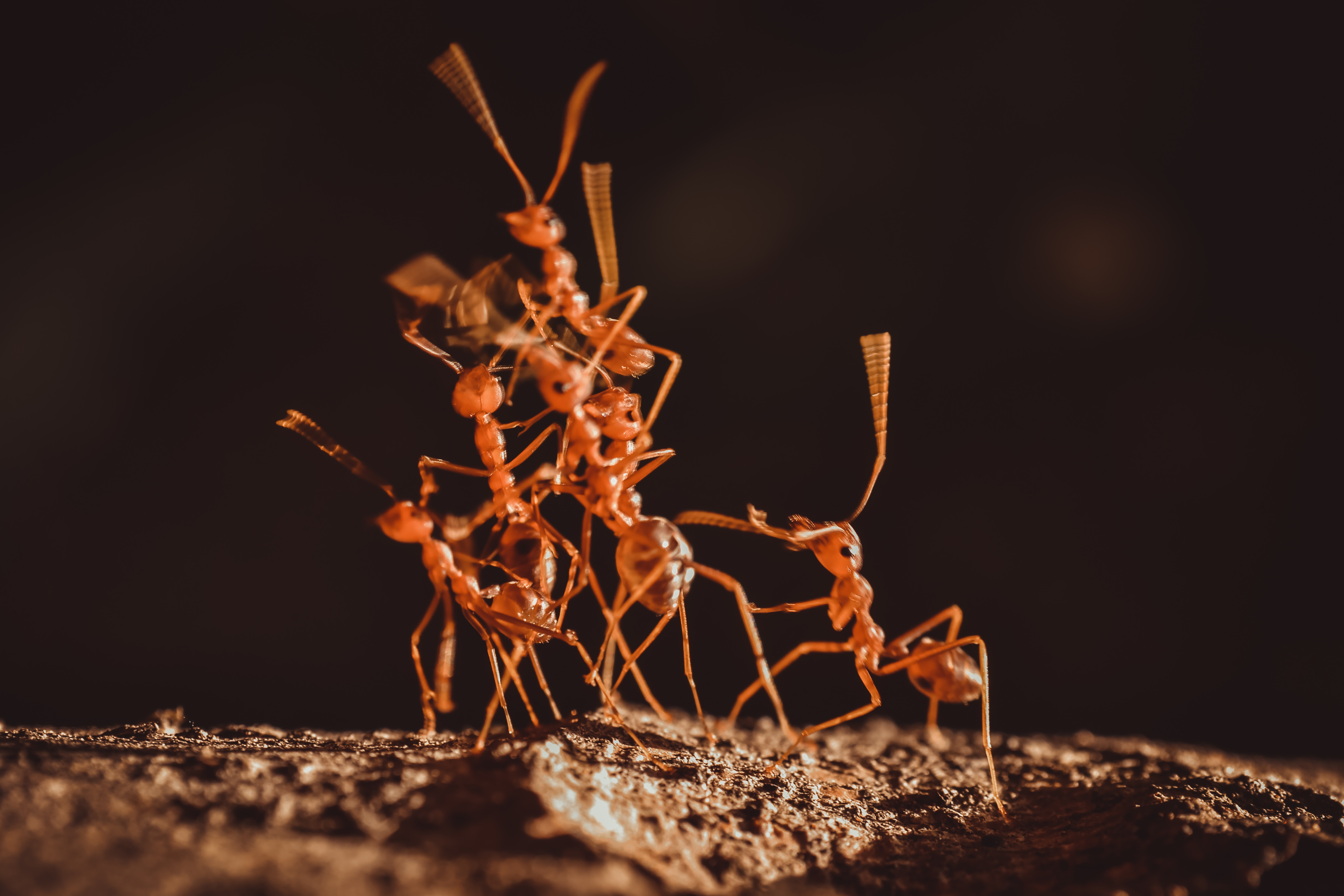10 Interesting Reasons Why Cats Love Their Independence
Cats have long been enigmatic creatures, captivating humans with their mysterious behaviors and elusive personalities. Unlike their canine counterparts, who often thrive on social interaction and companionship, cats seem to embrace solitude and cherish their freedom. This profound sense of independence is not just a modern-day observation but a deeply ingrained trait that has evolved over millennia. Understanding why cats prefer solitude and independence requires delving into their evolutionary history, biological instincts, and unique psychological traits. This article aims to explore 10 fascinating reasons that elucidate why cats are the way they are—self-reliant, solitary, and fiercely independent. By examining these aspects, we can better appreciate the complex nature of our feline friends and perhaps even learn to respect their need for space and autonomy.
1. Evolutionary Roots: The Solitary Hunter
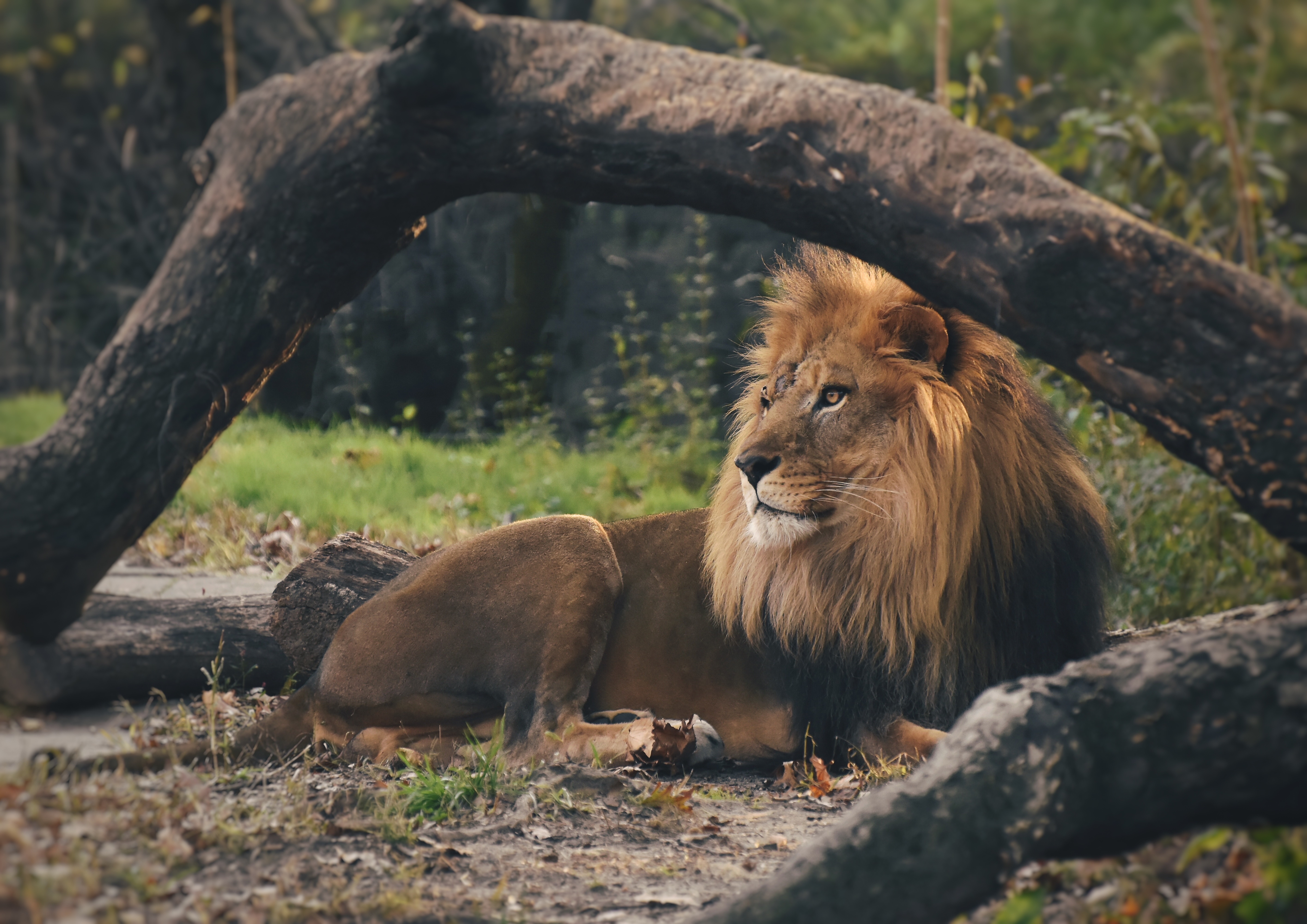
Cats are descendants of solitary hunters, a trait that has been passed down through generations. Unlike pack animals, which rely on group dynamics for hunting and survival, cats developed as lone predators. This solitary hunting lifestyle required them to be self-sufficient, stealthy, and independent. Their ancestors, the African wildcats, roamed the savannas alone, relying on their keen senses and agility to catch prey. This evolutionary background has instilled in modern cats a natural inclination towards solitude. They are wired to be self-reliant, needing little assistance in their day-to-day activities. This independence is not just a behavioral trait but a survival mechanism that has been fine-tuned over thousands of years. Understanding this evolutionary context helps explain why cats often prefer solitude over social interaction.
2. Biological Instincts: The Territorial Imperative
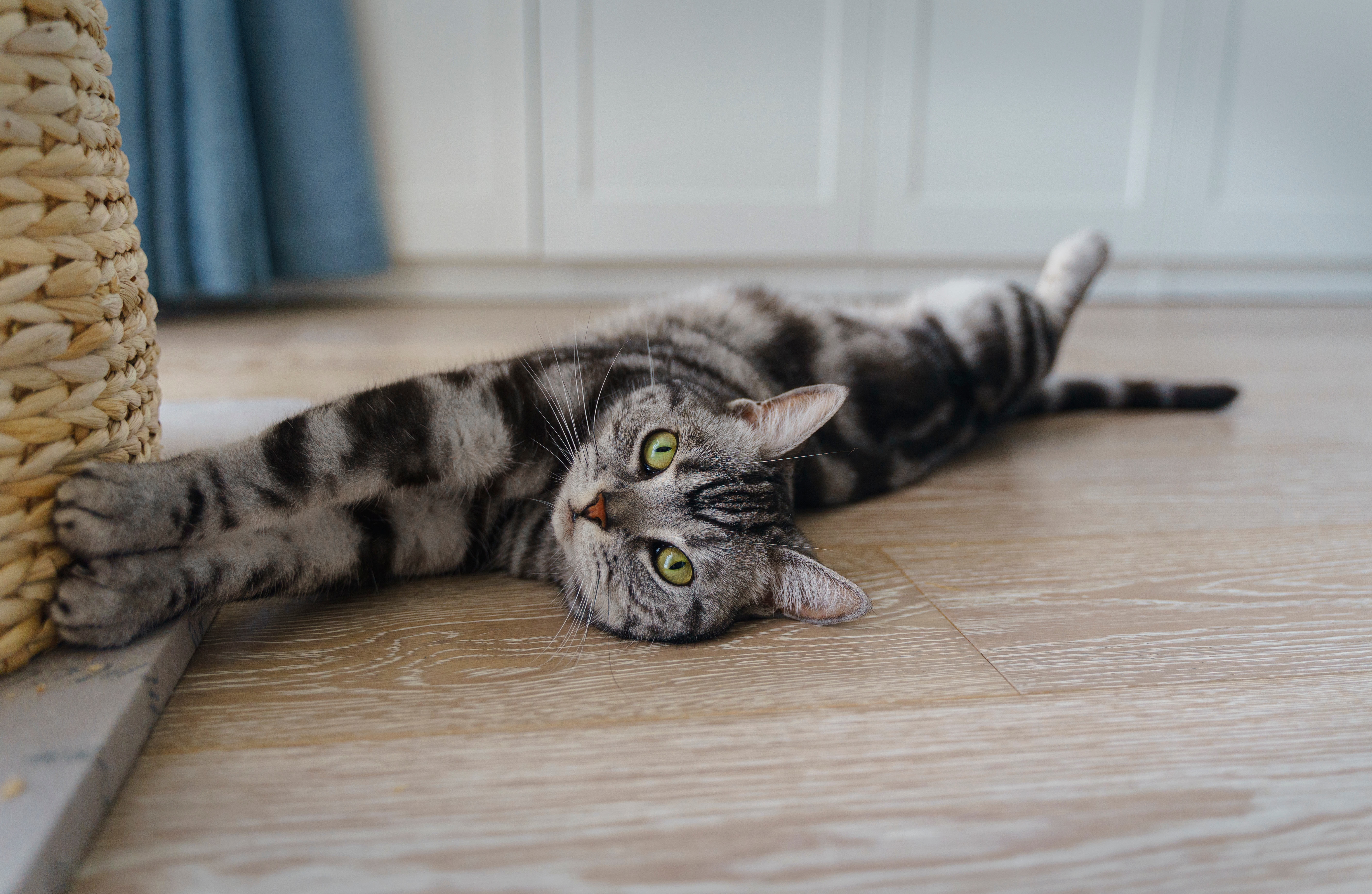
Territoriality is a significant aspect of a cat's life, deeply rooted in their biology. Cats are territorial animals, meaning they have a strong instinct to claim and defend their personal space. This territorial imperative is another reason why cats cherish their independence. In the wild, maintaining a territory ensures access to resources such as food, water, and shelter. Even in domestic settings, this instinct remains strong. Cats often mark their territory through scent marking, using pheromones to establish boundaries. This need for a defined personal space can lead to behaviors that appear aloof or solitary. By understanding their territorial nature, we can see why cats value their independence and why they might resist intrusion into their space.
3. Psychological Traits: The Need for Control

Cats possess unique psychological traits that contribute to their independent nature. One of these traits is their need for control over their environment. Cats like to feel secure and in charge of their surroundings, which is why they often prefer solitude. This need for control is linked to their survival instincts; in the wild, being aware of their environment and potential threats is crucial. In a domestic setting, this translates to behaviors such as choosing when and where to interact with humans, deciding on their resting spots, and having autonomy over their activities. This desire for control can sometimes be mistaken for aloofness, but it is simply a reflection of their independent spirit.
4. Sensory Sensitivity: The Quiet Observer

Cats are equipped with highly developed senses, making them sensitive to their surroundings. Their acute hearing, sharp vision, and keen sense of smell allow them to be vigilant and observant. This sensory sensitivity plays a role in their preference for solitude. In a bustling environment, cats can become overstimulated, leading them to seek quiet, solitary spaces where they can process information at their own pace. This need to retreat to a calm environment is not a sign of antisocial behavior but rather a way to manage sensory overload. By appreciating their sensory needs, we can understand why cats often choose solitude over social interaction.
5. Behavioral Patterns: The Solitary Groomer
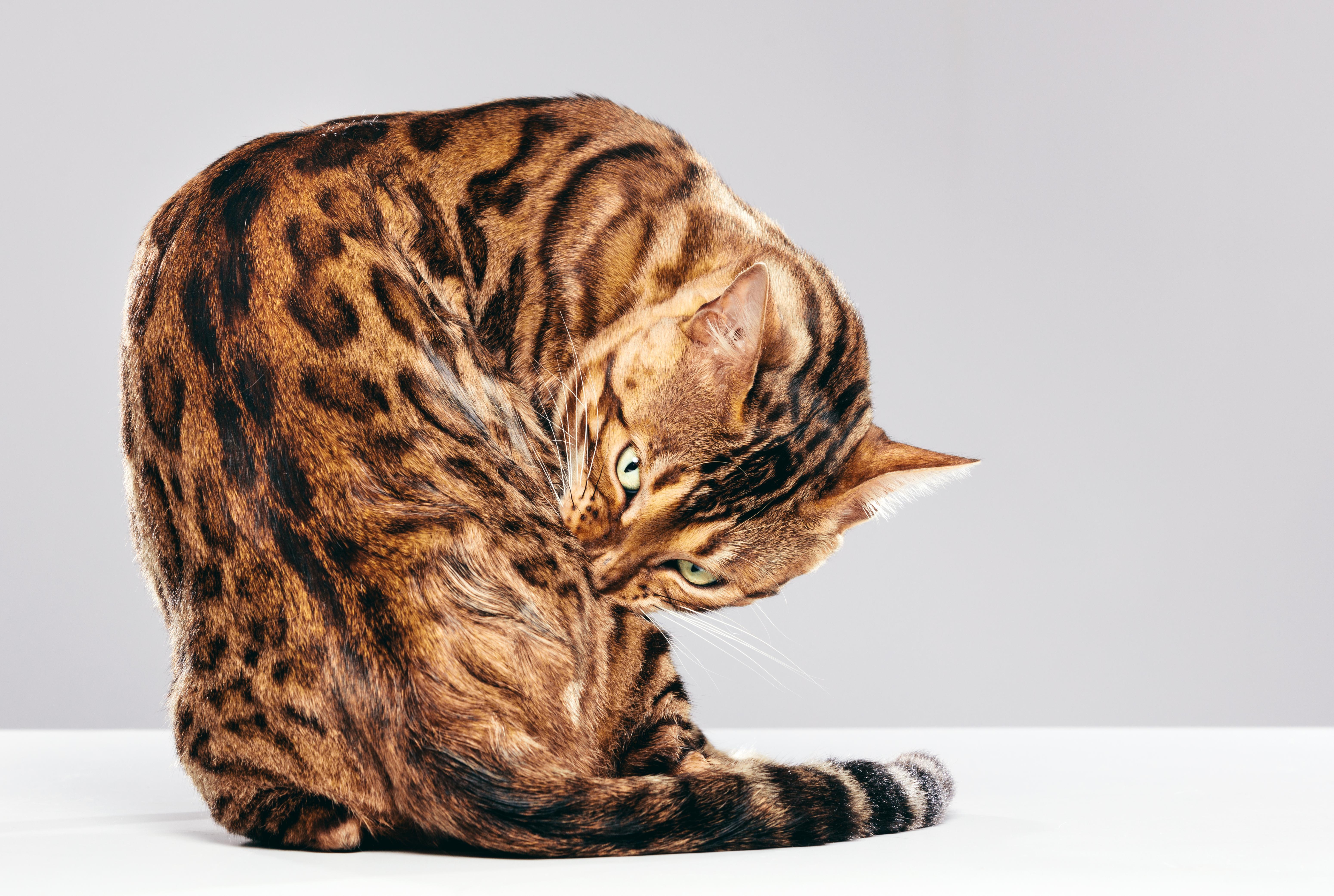
Grooming is a significant aspect of a cat's daily routine, and it is often a solitary activity. Cats spend a considerable amount of time grooming themselves, which serves multiple purposes. It is a way to maintain hygiene, regulate body temperature, and even relieve stress. Grooming is also a solitary behavior that reinforces a cat's independence. During grooming sessions, cats are in a state of relaxation and self-care, enjoying their own company. This behavior highlights their ability to find contentment in solitude, without the need for external stimulation or companionship. Understanding the importance of grooming in a cat's life offers insight into their self-sufficient nature.
6. Social Dynamics: The Selective Companion

While cats are known for their independence, they are not entirely antisocial. Instead, they are selective about their social interactions. Cats form bonds with humans and other animals, but these relationships are often based on mutual respect and understanding. Unlike dogs, which may seek constant attention and affection, cats choose their companions carefully. This selectivity is a testament to their independent nature; they prefer quality over quantity when it comes to social connections. By recognizing their selective social dynamics, we can appreciate the depth of their relationships and their ability to balance independence with companionship.
7. Adaptability: The Independent Explorer
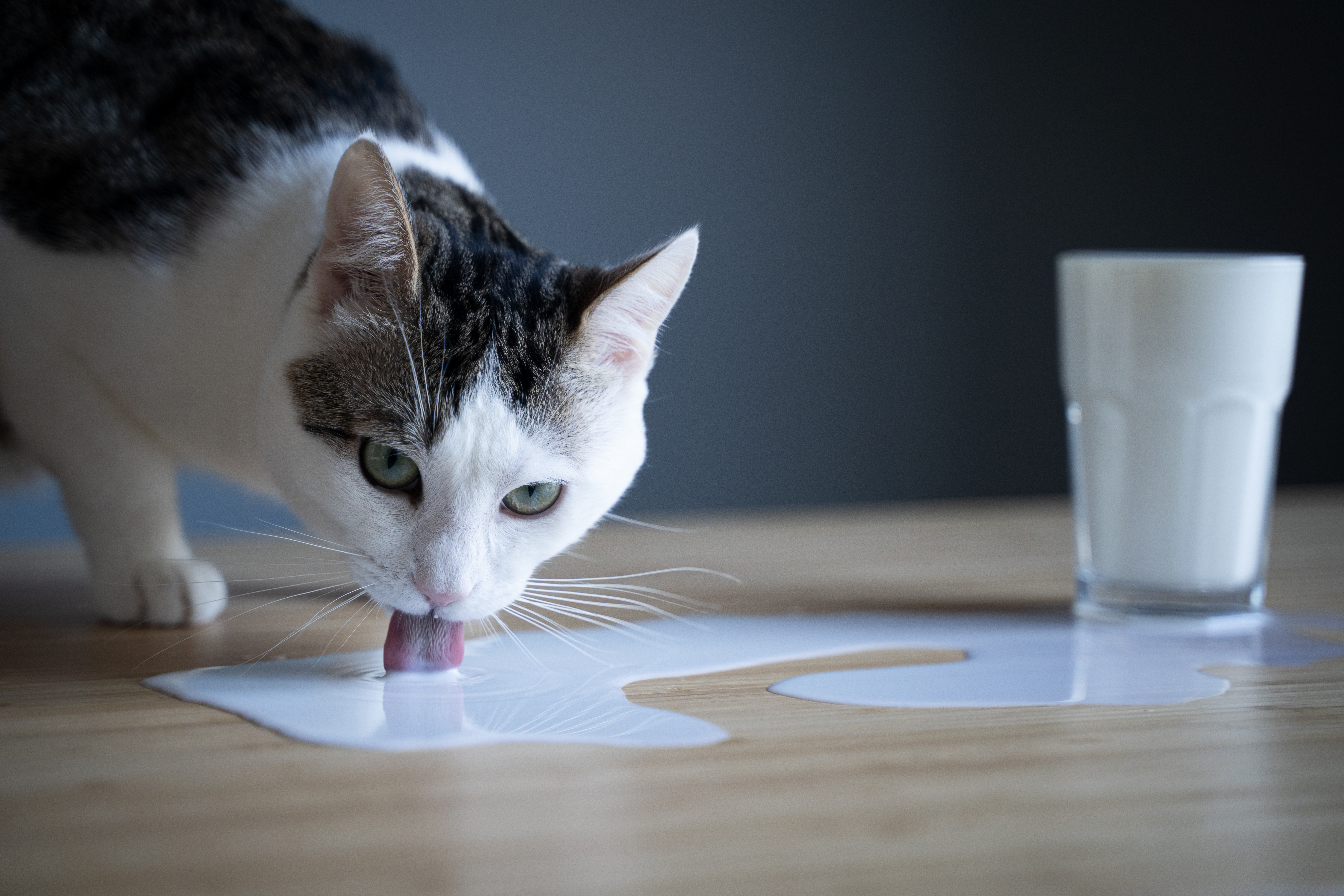
Cats are incredibly adaptable creatures, capable of thriving in various environments. This adaptability is closely linked to their independent nature. Whether navigating a new home or exploring the outdoors, cats rely on their instincts and problem-solving skills to adapt to changes. This ability to explore and adapt independently is a reflection of their self-reliance. Cats are naturally curious, and their explorative behavior allows them to learn about their environment and establish a sense of control. By understanding their adaptability, we can see why cats cherish their freedom and independence, as it allows them to navigate the world on their terms.
8. Emotional Resilience: The Self-Sufficient Survivor
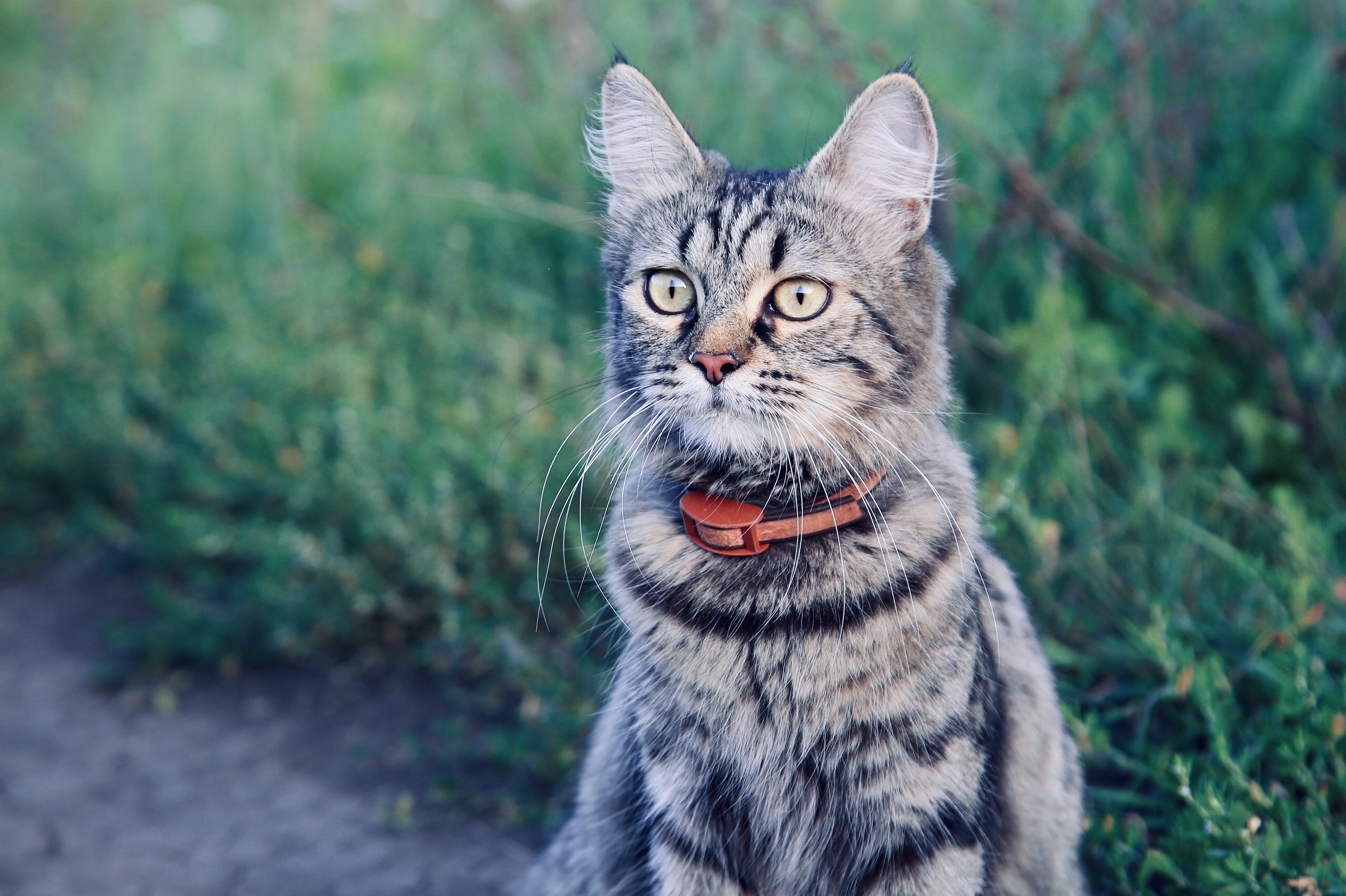
Cats possess emotional resilience, which contributes to their independent nature. They have the ability to cope with stress and adversity without relying heavily on others for support. This emotional self-sufficiency is a survival trait that has been honed over generations. In the wild, cats must be able to handle challenges independently, whether it be finding food or evading predators. This resilience is evident in domestic cats as well, who often prefer to deal with stressors on their own. By recognizing their emotional strength, we can better understand their preference for solitude and their ability to thrive independently.
9. Communication: The Silent Language

Cats have a unique way of communicating that aligns with their independent nature. Unlike dogs, which use vocalizations extensively, cats often rely on body language and subtle cues to express themselves. This silent language is a reflection of their solitary instincts. Cats communicate through tail movements, ear positions, and eye contact, conveying messages without the need for vocal interaction. This form of communication allows them to maintain their independence while still interacting with their environment. By understanding their silent language, we can appreciate the depth of their communication skills and their ability to convey complex emotions without words.
10. Human Interaction: The Balanced Bond

While cats are independent creatures, they can form deep bonds with humans. However, these relationships are often based on mutual respect and understanding of boundaries. Cats appreciate human companionship but on their terms. They enjoy affection and interaction but also value their personal space. This balanced bond reflects their independent nature; they are not reliant on humans for constant attention but rather choose when and how to engage. By respecting their need for independence, we can foster a healthy and fulfilling relationship with our feline companions, appreciating their unique blend of solitude and sociality.
Embracing the Feline Spirit
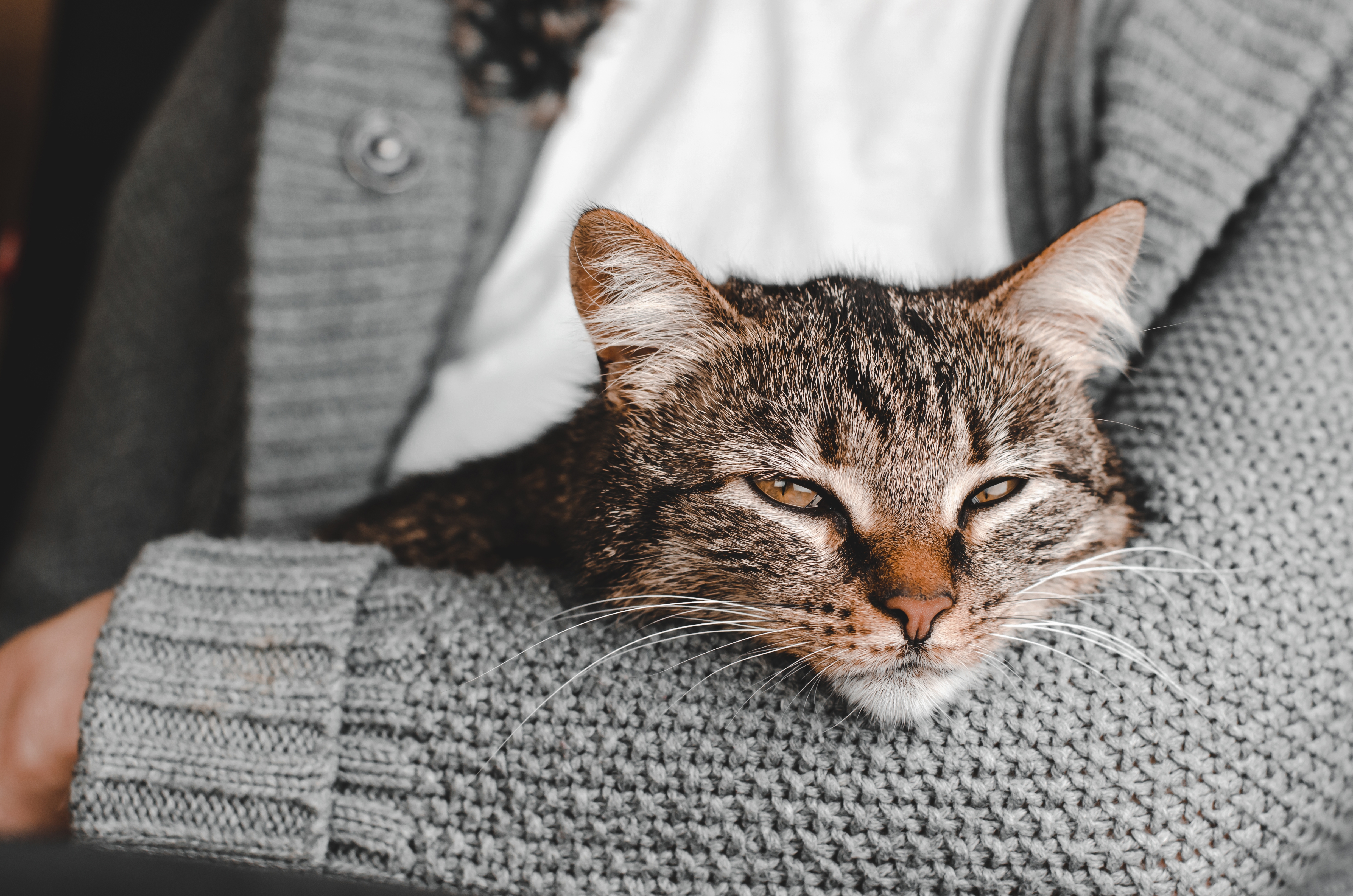
Understanding why cats embrace solitude and cherish their freedom requires a deep appreciation of their evolutionary, biological, and psychological traits. These factors contribute to their independent nature, allowing them to thrive in various environments while maintaining a sense of autonomy. By exploring the ten fascinating reasons behind their love for independence, we can better appreciate the complexity of our feline friends. Embracing their need for solitude and freedom not only enhances our relationship with them but also allows us to celebrate their unique spirit. In a world that often values social interaction, cats remind us of the beauty and strength found in independence.


